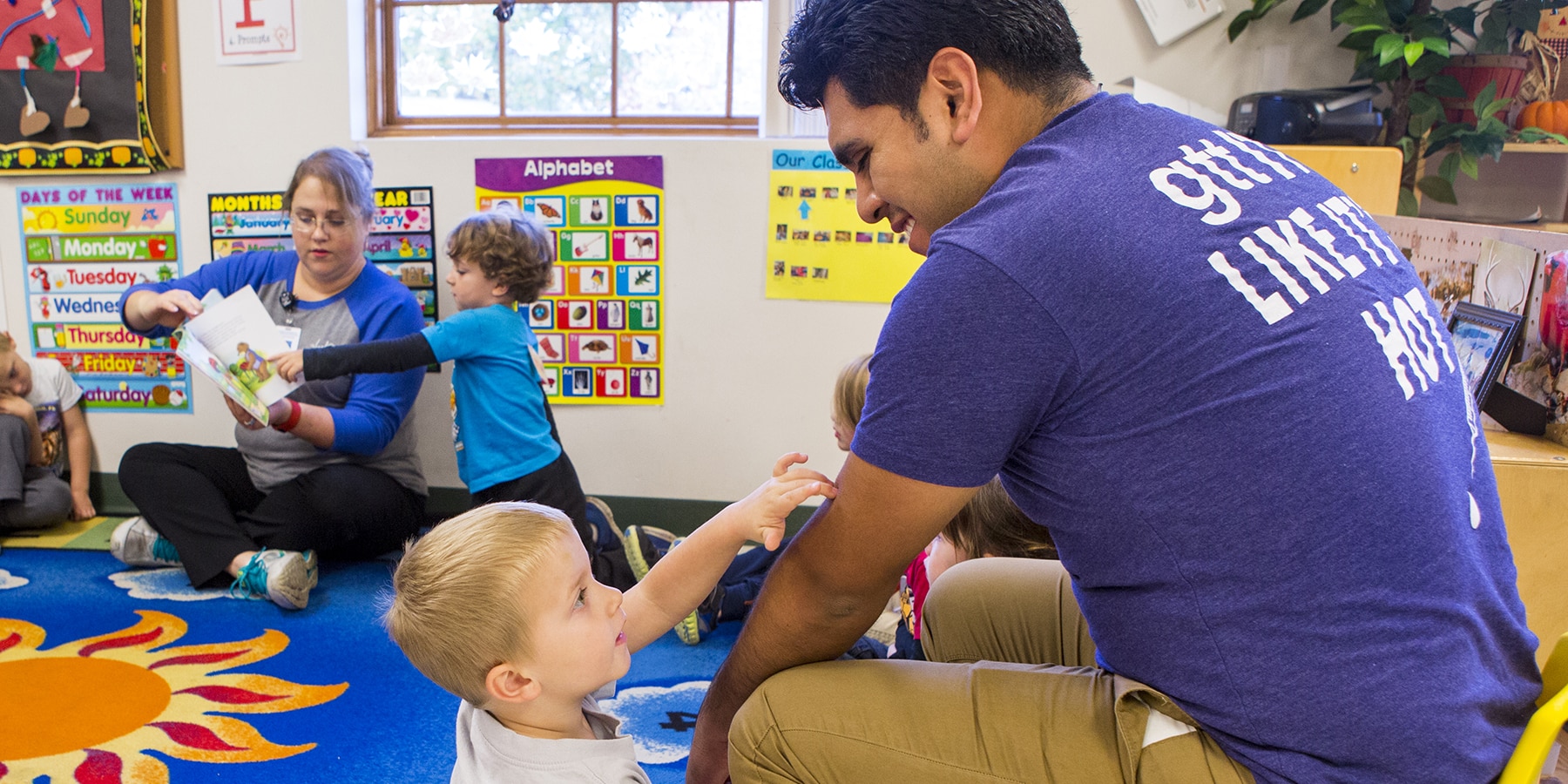The term “service learning” may conjure images of earnest college students helping build a Habitat for Humanity home or donating time to paint a school. But, those types of activities are more likely volunteering — heavy on the “service” portion and light on “learning.”
Service learning gives students experiences that enhance their overall understanding of the subject matter they’re learning in the classroom.
OTC instructors have used service learning projects before. But, in the spring of 2021, students can specifically choose classes that have a service learning component incorporated into the curriculum.
“We’ll pair students with a non-profit or governmental organization and have the work they do with that partner reinforce what they’re learning in the classroom,” said Richard Turner, OTC English department chair who is spearheading the service learning program for the college. “That’s what makes it service learning — it reinforces the classroom experience and makes it real world applicable.”
For spring 2021, service learning will be incorporated into four courses:
• Technical writing
• Dental assisting
• Introduction to physics
• Introduction to social work
“It’s a great opportunity to give our students ‘more’,” said Katherine Craft, OTC technical writing instructor. “Service learning will help students make bigger picture connections about what they are learning and why it’s valuable.”
The idea for a service learning program at OTC was born out of a final project for Turner’s honors class. Students were dissatisfied with picking a program of study, following that path and then figuring out a career before they knew what they wanted to do with their lives.
“To my students, the value of service learning is that it helps you go out and actually work in the community and discover your passion,” Turner said. “Once you find your passion, then you pick your path.”
Turner credits Dr. Kathy Nordyke, the director of citizenship and service learning at Missouri State University, with helping him envision and develop the service learning program for OTC. Thousands of MSU students benefit from the enrichment provided through service learning, and Turner hopes OTC’s program can eventually emulate that level of engagement.
Today’s college population is dominated by Generation Z (people born since 1996), and the desire for meaningful work is one of Gen Z’s main characteristics. Turner believes service learning is an experience that will help students determine what “meaningful” means to them.
“They’re struggling to figure out how to make their lives meaningful,” Turner said. “And that’s why they were so adamant that we need to figure out first what we find meaningful about life and then go after it with our career.”
Following this service learning pilot program in the spring of 2021, Turner hopes to have even more instructors integrate service learning into their classes in future semesters.

